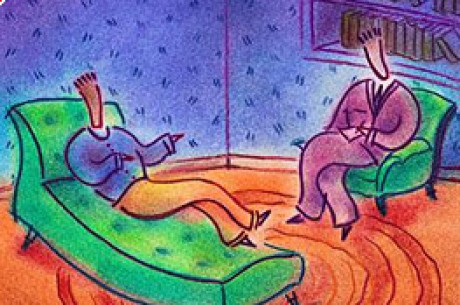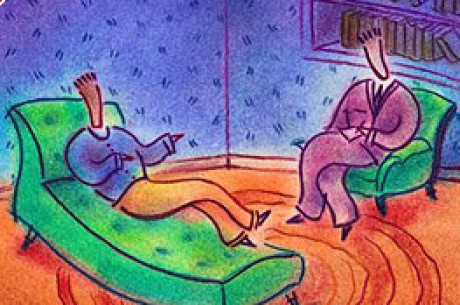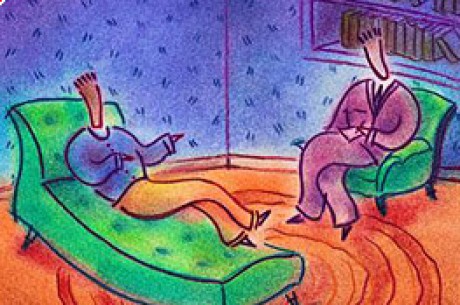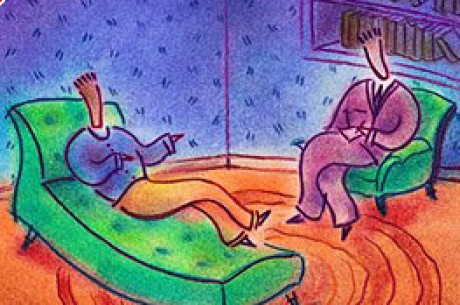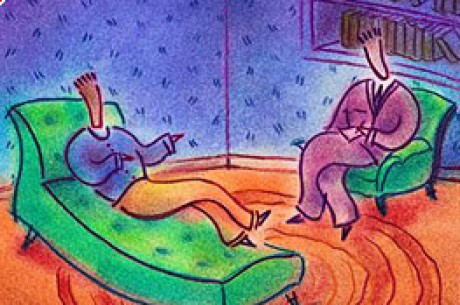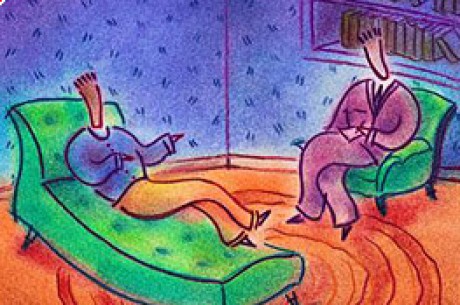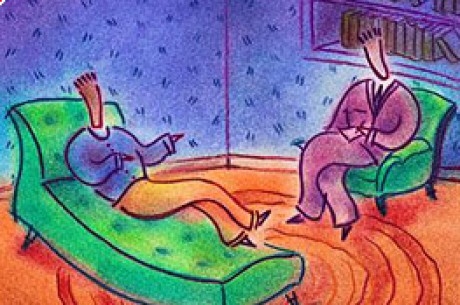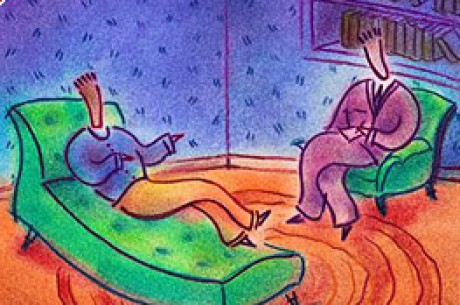The Poker Counselor's Corner (39)

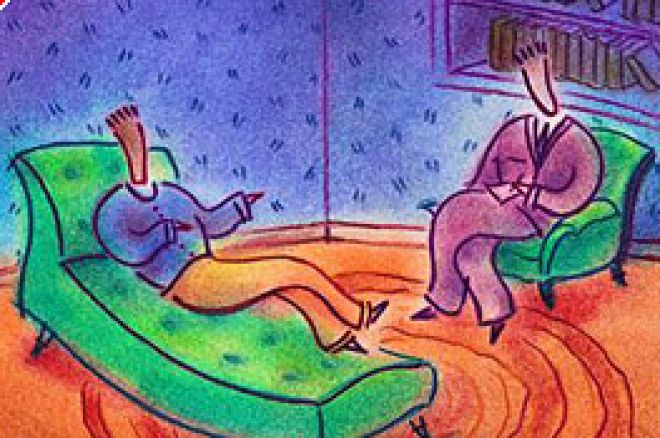
Editor's Note: In addition to being a poker enthusiast, gambling columnist, and lecturer, John is a National Certified Counselor (NCC). He has a Master of Arts degree in Counseling from West Virginia University, and a Bachelor's degree in Psychology with a minor in Sociology from Lock Haven University. You can arrange for interviews, speaking engagements, or ask your question to "the Poker Counselor" at [email protected]
I have not been able to make that next step in my poker game to fold great hands. If I get dealt pocket Aces or Kings, I seem to always play till the showdown no matter what comes up on the Flop, Turn, or River. I see the pros laying down pocket Kings, Aces, and Big Slick on TV all of the time. I've been knocked out of tons of sit-and-go's and multi-table tournaments with these big hands. How do I know when to let them go and fold them away? - Emailed by Larry Mohr
Being able to fold premium hands when your instincts tell you are beat is always a tough step to reach in your personal poker ladder. In reality, the ability to sniff out when to fold good hands is what produces the best tournament poker players in the world. Achieving that level boils down to some key psychological aspects for you, personally. We hear TV commentators and poker veterans talk about getting "married" to a hand. This is a simplistic analogy tying us with a given hand, meaning we are not likely to fold it. In more complex aspects, what we are experiencing when being unable to let go of a hand is our natural fallacies in prediction. You see, we all fall into the trap of assuming we have a solid grasp on what the near future will bring. We use incoming information to get an idea of what is to come, and then prepare for things to unfold. This would be a fine way of doing things in many aspects of life, but it can be dangerous and costly in more complex endeavors of life, business, and poker.
It seems that many look at their pocket pairs of Jacks through Aces and predict one solid outcome - winning the pot. Pocket Kings and Aces are especially susceptible to these assumptions. We use our knowledge of poker statistics with our past personal history/experience with the game to basically expect the win. With that, the cards that come to the board and ensuing bets/calls from the opposition is relegated to a secondary position. Your game and your instincts are swayed negatively by the faulty assumption that you WILL win this pot. Since you have already judged that the pot is yours, you are not playing optimally. We see this concept put into action in the realm of sports all of the time. A heavily favored team will enter into a contest expecting an easy victory. The massive underdogs take advantage of their opposition's lack of focus, drive, and energy on their way to earning the win.
Your first step is to take command of your thoughts and emotions. Retrain your thinking to disallow hasty assumptions. Instead, play your premium hands to best assure that they will hold up. If the board has 3 hearts and guys are re-raising each other left and right, you know your black pocket Aces are now worthless. Never assume anything at the poker table. Assumptions will only cost you money. Reevaluate your hand and your play with each card, not when the hole cards are dealt.
Even when I think I see a tell, I don't know which way to go with it. I see a guy change his breathing or see the vein in the neck pumping, does that mean a big hand or a big bluff? -Emailed by Tony from Vermont
Mike Caro's Book of Tells is a nice little guidebook to get us all started in thinking about tells and how to use them. In reality, there is no set manual on human behavior that is infallible. Tells are really not a simple concept. Even the biggest pros will admit that solid tells are not as often detected as most amateur players might guess they are. When I play, I am looking for any behavior that deviates from their normal, baseline activity. I man who is boisterous and joking all night suddenly clams up and is silent while studying a flop. A guy who's acted quickly on every action for the first 3 hours of a tournament suddenly goes into the "think tank" while pondering a move. These kinds of changes in behavior can be more reliable than watching for an eye twitch or pulsing vein. If you see the blood pumping, it could indeed be either a bluff or a huge hand. Don't fixate on the vein. Instead, think of the total package. His pre-flop calls/raises, his reaction to the flop, and his past behavior. If you hone you poker instincts and reading ability, each piece of information will begin to gel to make a clearer picture. Never think that an eye twitch equals a bluff. Instead, remember that the eye twitch is only one slight clue in the total culmination of activity to judge upon.
KEEP THOSE QUESTIONS COMING!! [email protected]
Ed note: Mike Caro gives his advice at Doyle's Room

